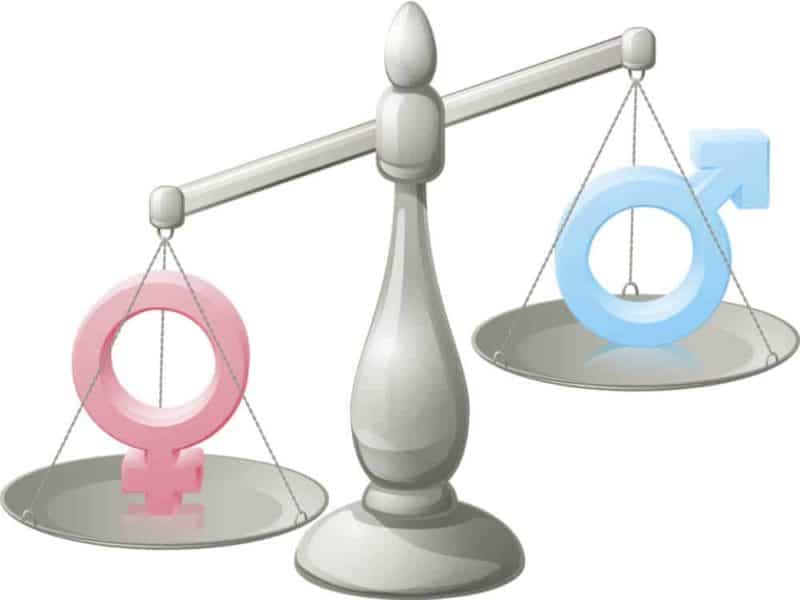Researchers at the University of California, Riverside and Indiana University have shown that women faculty members are doing more service work—primarily internal service—than their male colleagues, which may hinder their overall success in academia. Internal service work, while vital for the day-to-day operations of a campus, typically counts less in promotions and salary increases than research, teaching, or external service activities.
The study, titled “Faculty Service Loads and Gender: Are Women Taking Care of the Academic Family?” was published April 5 in the journal Research in Higher Education. The lead author is Cassandra Guarino, a professor of education and public policy in UCR’s Graduate School of Education. Her coauthor is Victor Borden, professor of higher education and student affairs at Indiana University at Bloomington.
Using a large national sample, the researchers found that, on average, women faculty perform significantly more service than men. The researchers controlled for rank, race/ethnicity, and discipline. That difference is driven primarily by internal service—i.e., service to the university, campus, or department—rather than external service—i.e., service to the local, national, and international communities.
While service can be a time-consuming job duty, it is generally ranked after research and teaching in performance reviews. Internal service generates less value to individual faculty members than external service, because it does not offer opportunities for enhancing visibility or reputation among a wider group of peers.
“We find strong evidence that women faculty perform more internal service than male faculty in academia and are essentially doing more than their fair share of ‘taking care of the academic family’,” Guarino said.
The research adds to previous studies showing that women faculty receive lower salaries and fewer resources, do more household chores, and experience more difficulty in achieving a work-life balance than their male counterparts.
“In contrast to some of the other challenges that women in academia face, service is an area of inequity that can be addressed relatively easily within institutions hoping to improve gender balance.,” Guarino said. “Careful monitoring of internal service assignments on the part of departmental administrators and provosts to make service loads transparent and equitable is an important step in ensuring that academia is as supportive of women as it is of men.”
If our reporting has informed or inspired you, please consider making a donation. Every contribution, no matter the size, empowers us to continue delivering accurate, engaging, and trustworthy science and medical news. Independent journalism requires time, effort, and resources—your support ensures we can keep uncovering the stories that matter most to you.
Join us in making knowledge accessible and impactful. Thank you for standing with us!

